Originally from South Carolina, Eugene Ellenberg uses image-based media to explore human limitations and rituals of reverence. He is currently based in Albuquerque, NM where he is completing his final year of MFA graduate studies at the University of New Mexico. His work has been published through Ain’t Bad, Lenscratch, Slate Magazine, CNN World and One, One Thousand Southern Photography Magazine. He has participated in group exhibitions at Harry Wood Gallery in Tempe, AZ, Lionel Rombach Gallery in Tuscon, AZ, Workhouse Arts Center in Lorton, VA, College of William and Mary in Williamsburg, VA, Colorado Photographic Arts Center in Denver, CO, and Clinton Adams Gallery, 516 Arts, and SCA Contemporary in Albuquerque, NM. He is a recipient of the Howard L. Franks Memorial Fellowship through a collaboration of the UNM College of Fine Arts, UNM Department of Art & Art History and the Zia Trust. A solo exhibition of his thesis work, ‘A Signal Amid the Noise’, will be on display at the Sanitary Tortilla Factory in Albuquerque, NM from November 10-December 22, 2017.
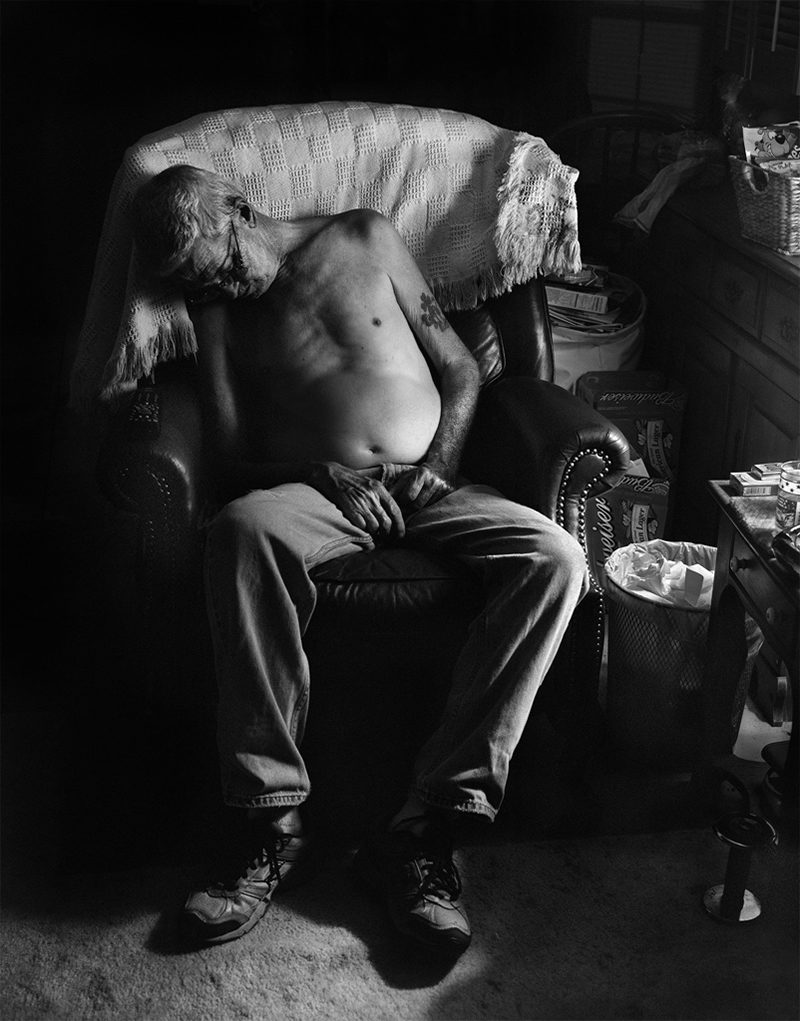

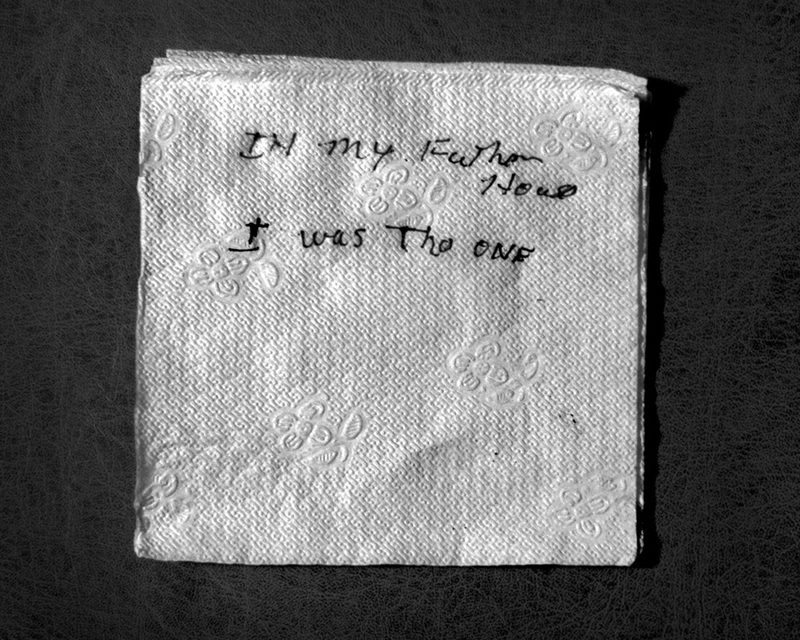
In My Father’s House
While visiting my parents in the fall of 2010, I photographed a napkin on which my father had inscribed two Elvis song titles, ‘In My Father’s House’ and ‘I Was the One.’ This small note was an insight to the private introspections of my father, the intimacy of which motivated me to investigate our relationship through the medium of photography. I expounded upon this by documenting various elements of our home and eventually asking members of my family to sit for portraits. The majority of these images were captured using a large format camera requiring a slower, more meditative process while also conveying the quiet, unaffectionate tone of our relationships at that time. These images blurred the lines of what I recalled, what I wanted to admit and perhaps what I wanted to see.
On July 26, 2013, my father was diagnosed with terminal cancer that had already spread to his bones. He was with us for seven days after the diagnosis. In his last days of consciousness, he began to lose touch with the world. Gripped by a sense of urgency, I acted on the desire to preserve these last moments in the time we had remaining and grappled with my own disconnect as I slipped between the roles of active participant and documentarian. Although I had other photographic formats available, the phone camera became a discreet device of capture that allowed me to document without overly interfering with this fragile experience for myself and my family. These small images are fleeting yet also very intimate, showing my family engaged in an affection that we’d never allowed ourselves to express before.
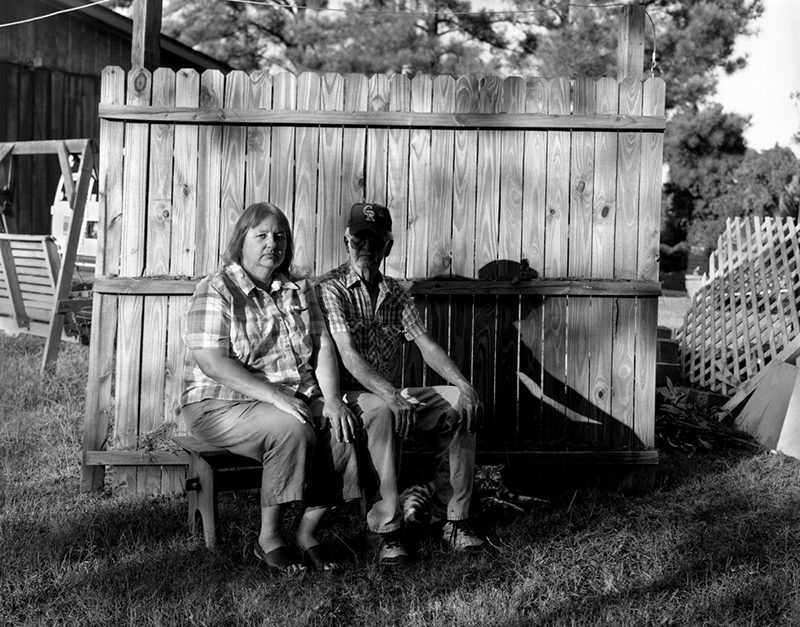
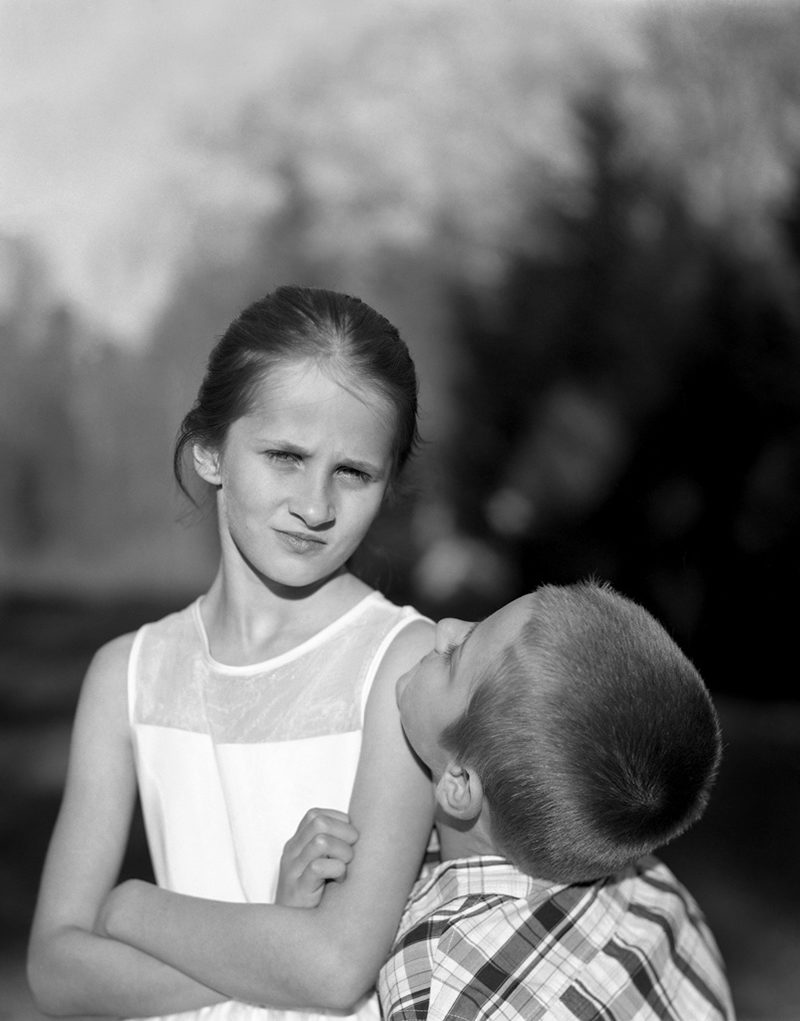
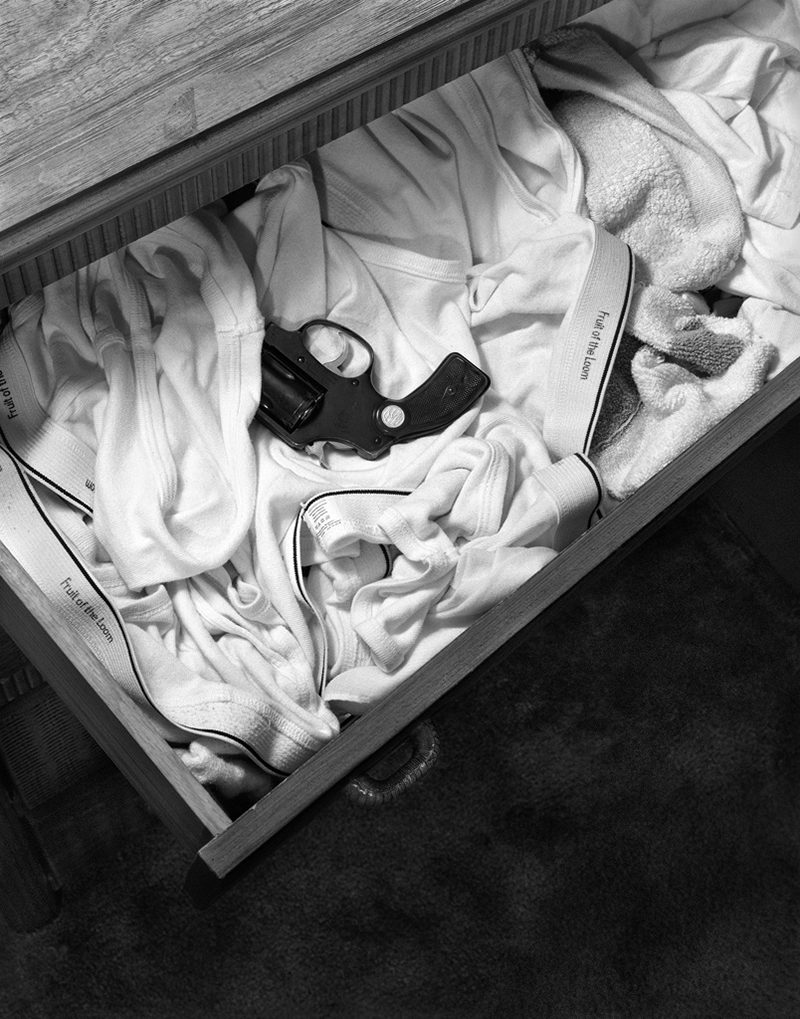
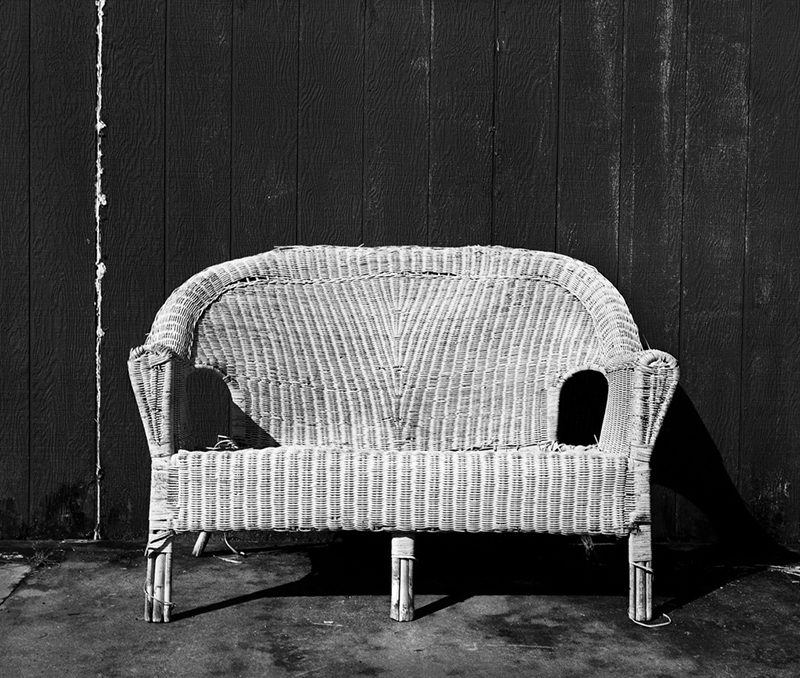


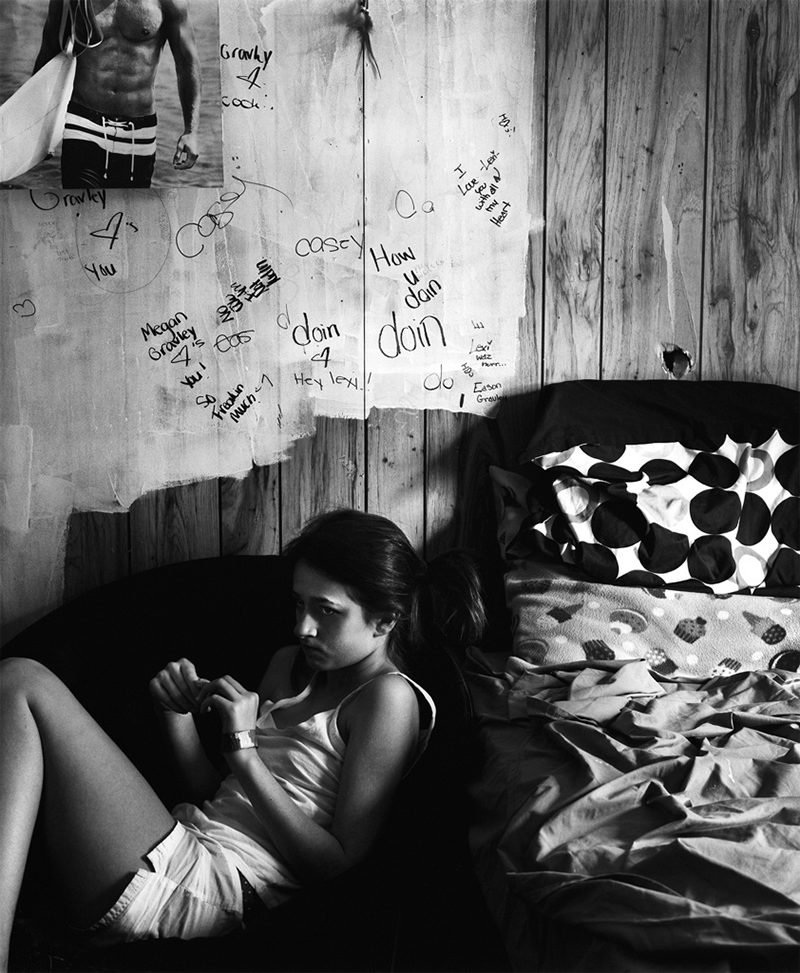
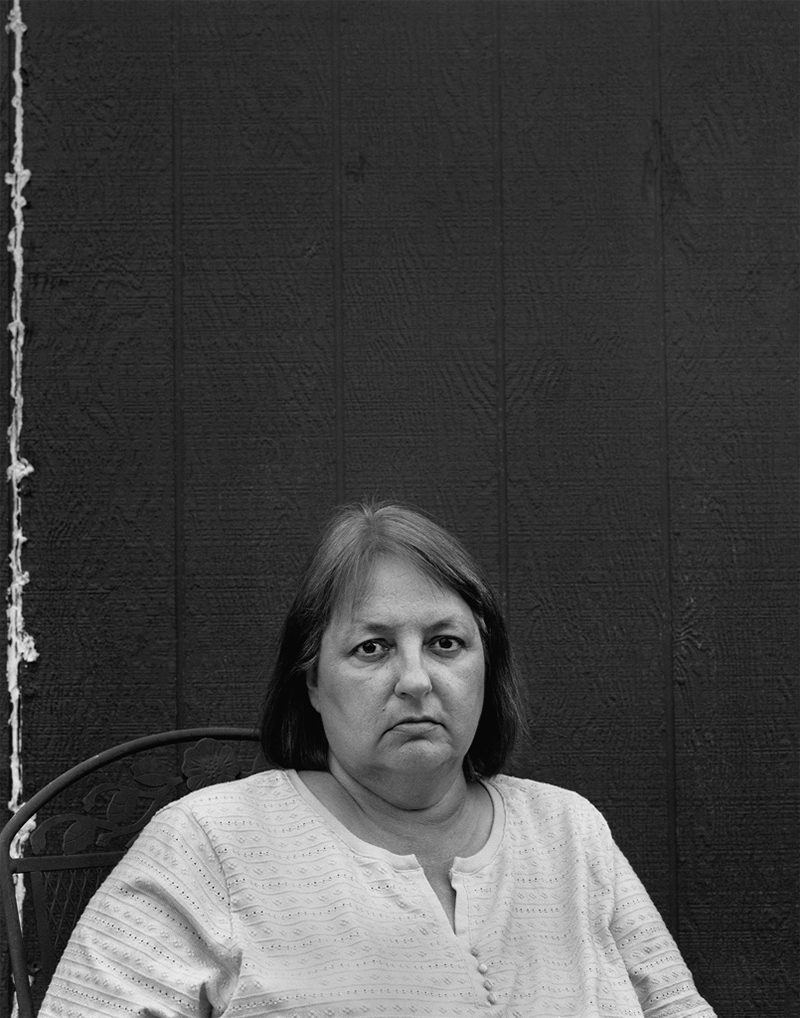
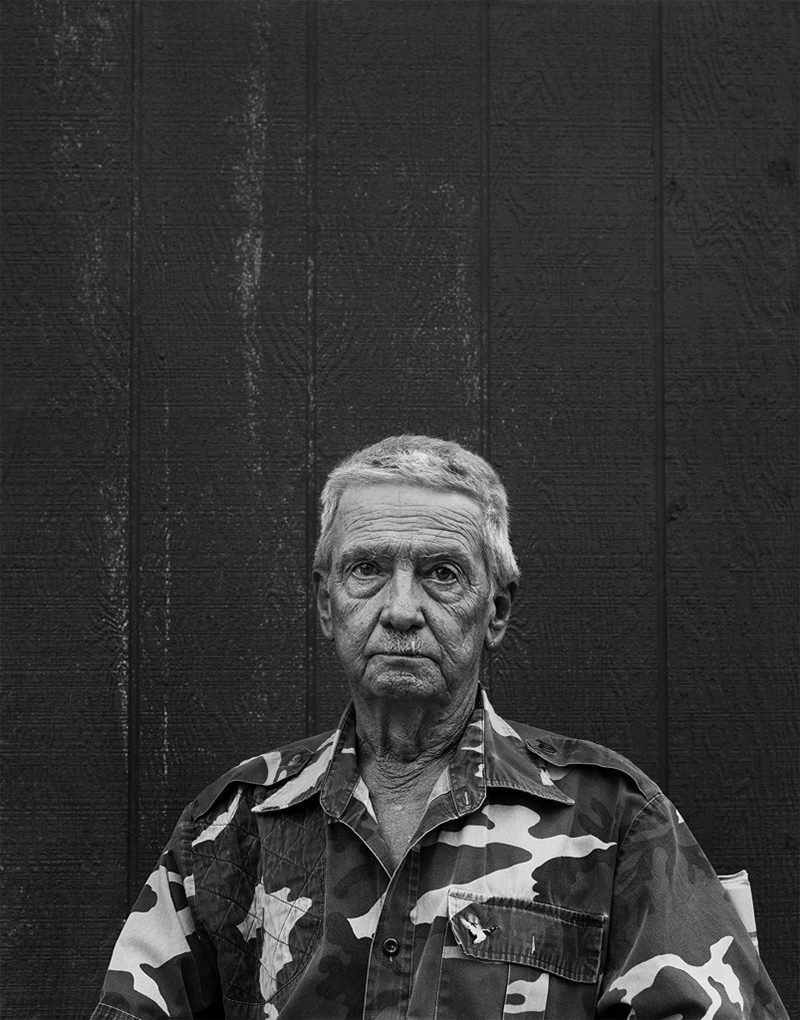
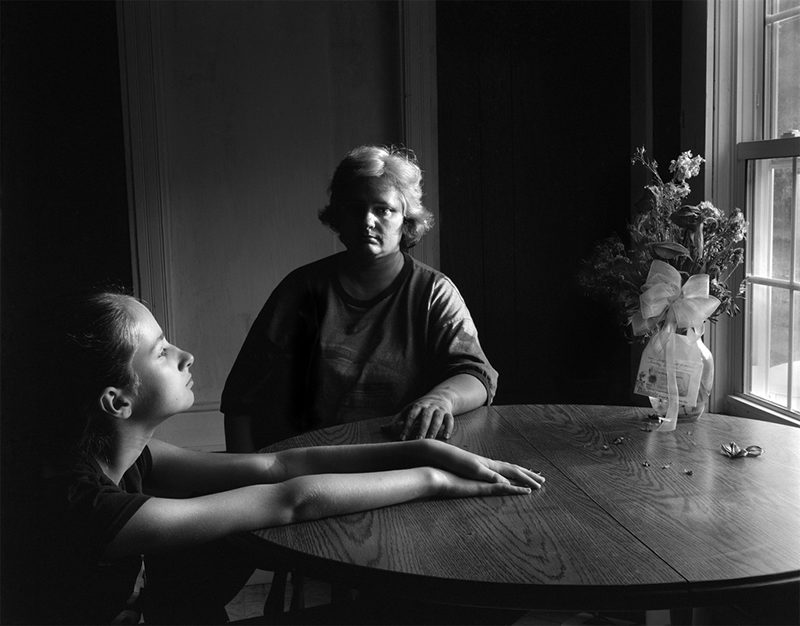
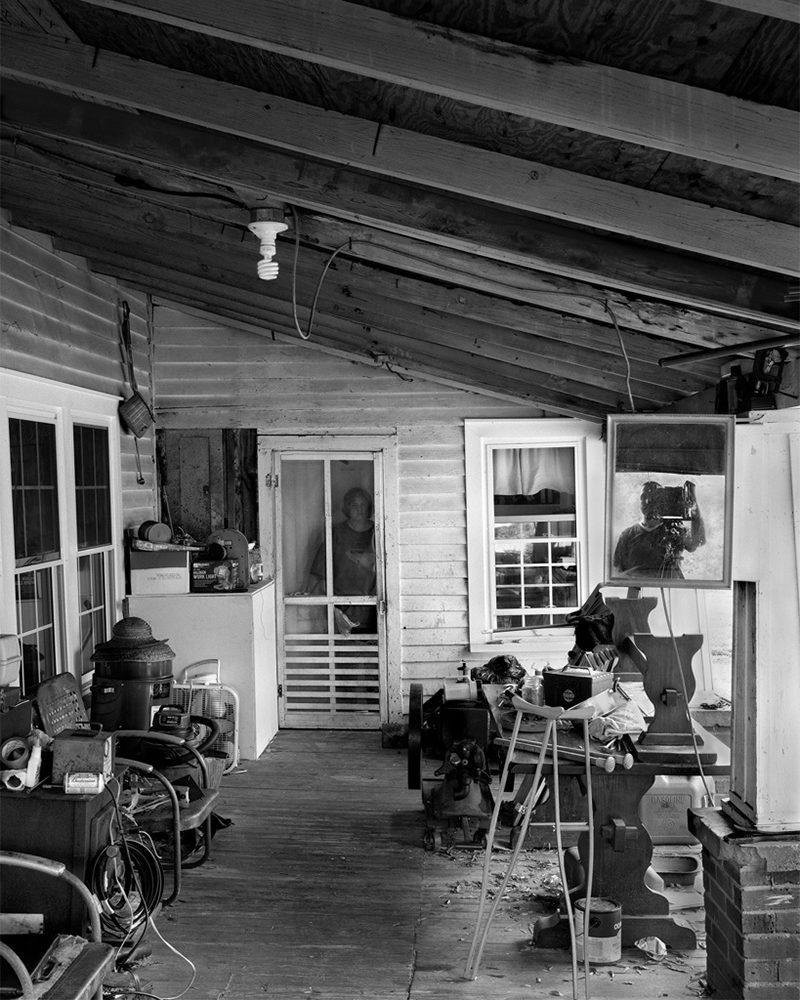


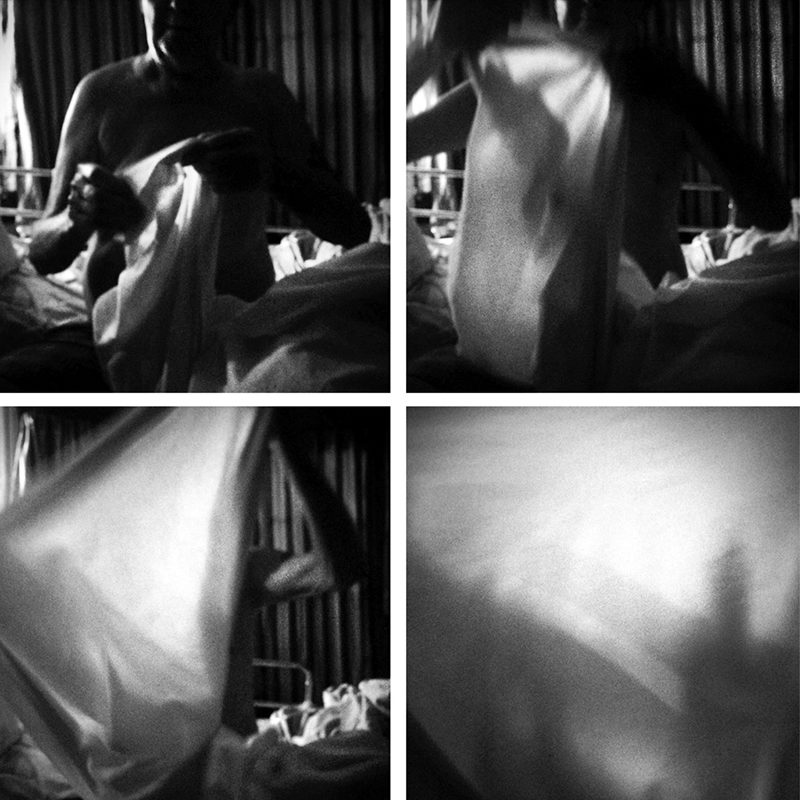

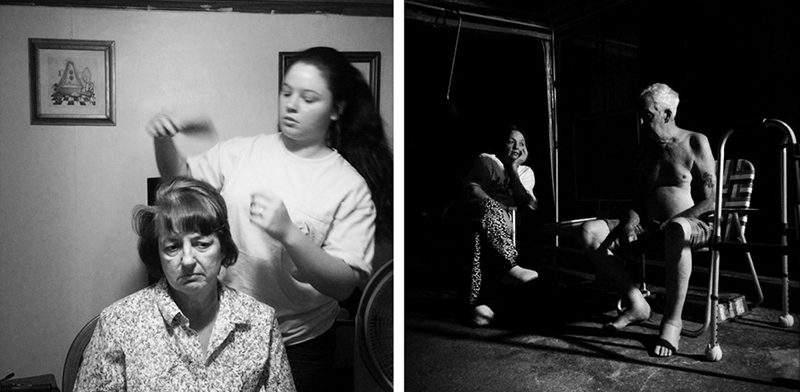
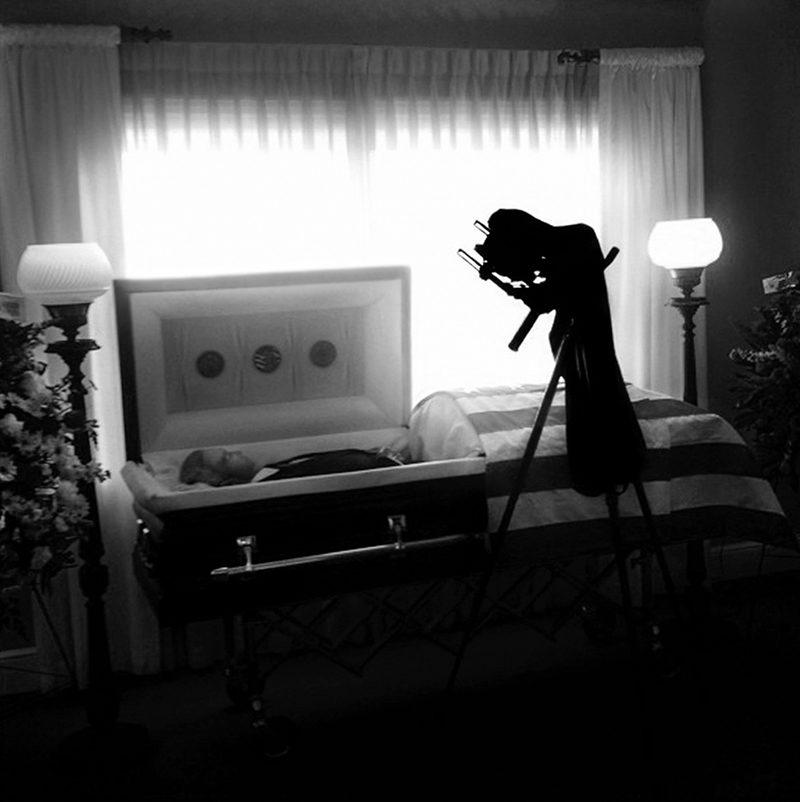
To view more of Eugene’s work please visit his website.